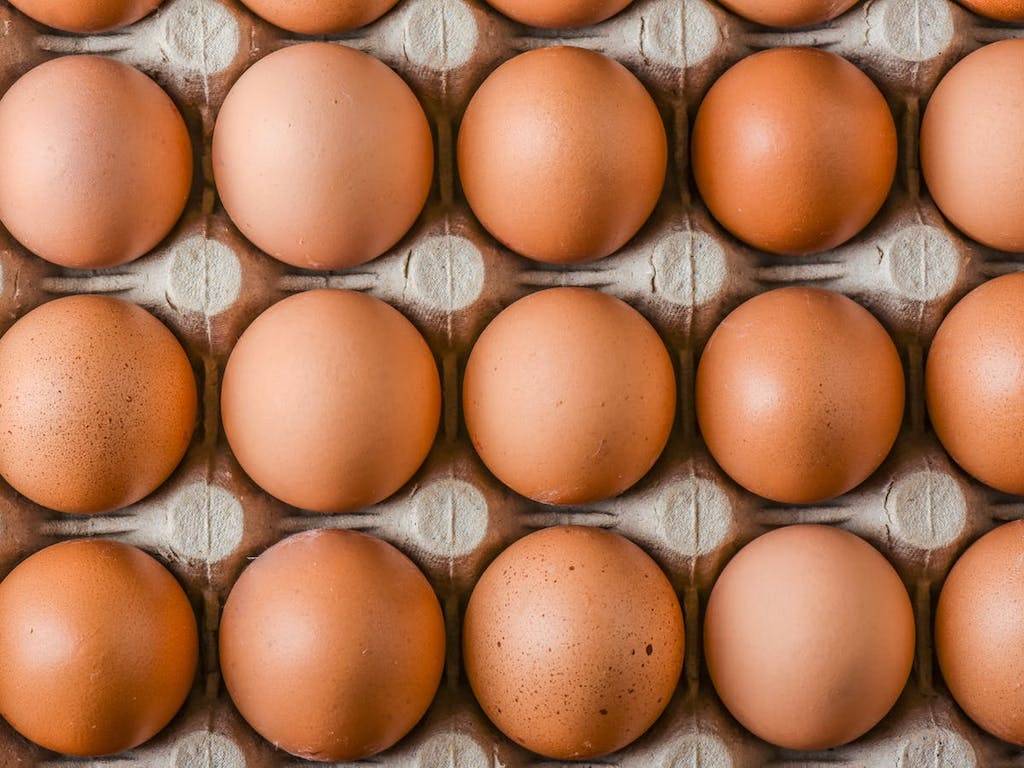
A prohibition on the import of eggs and other poultry products from India has been eased by the United Arab Emirates (UAE), ahead of Prime Minister Narendra Modi's visit to the country next month. New Delhi had previously stated that it would adhere to the World Organization for Animal Health's biosafety standards in order to avoid bird flu infection.
"From two establishments in Tamil Nadu," officials claimed, India will be able to export table eggs, hatching eggs, and day-old chicks to the UAE. Imports of poultry from India have been prohibited for at least five years due to fears of bird flu. India has requested access to the UAE's egg market as part of a trade pact it is negotiating with the UAE.
Poultry is one of the 1,100 products whose exports New Delhi hopes to boost through the deal, which also includes washing machines, air conditioners, refrigerators, spices, tobacco, cotton fabrics, textiles, and leather. India has offered the UAE duty exemptions on dates, confectionery, and sugar-based items.
UAE & India’s Trade Partnership:
The UAE is India's third-largest trading partner, with about $60 billion in bilateral trade in FY20. With an export value of roughly $29 billion, it was India's second-largest export destination behind the United States.
During his anticipated visit, Modi is likely to launch the India-UAE Comprehensive Economic Partnership Agreement (CEPA), India's first in the Gulf region. "Apart from goods trade, the agreement is vital for India, and we can gain in services and investments, as well as seek long-term business visas with the UAE," the official said.
New Delhi has pushed for a necessary 35 percent value addition in the origin country to claim tax exemption under the treaty, in order to prevent duty avoidance through rerouting of trade routes.
This is critical since the UAE is a transshipment hub, making the rules of origin requirement difficult to execute.










